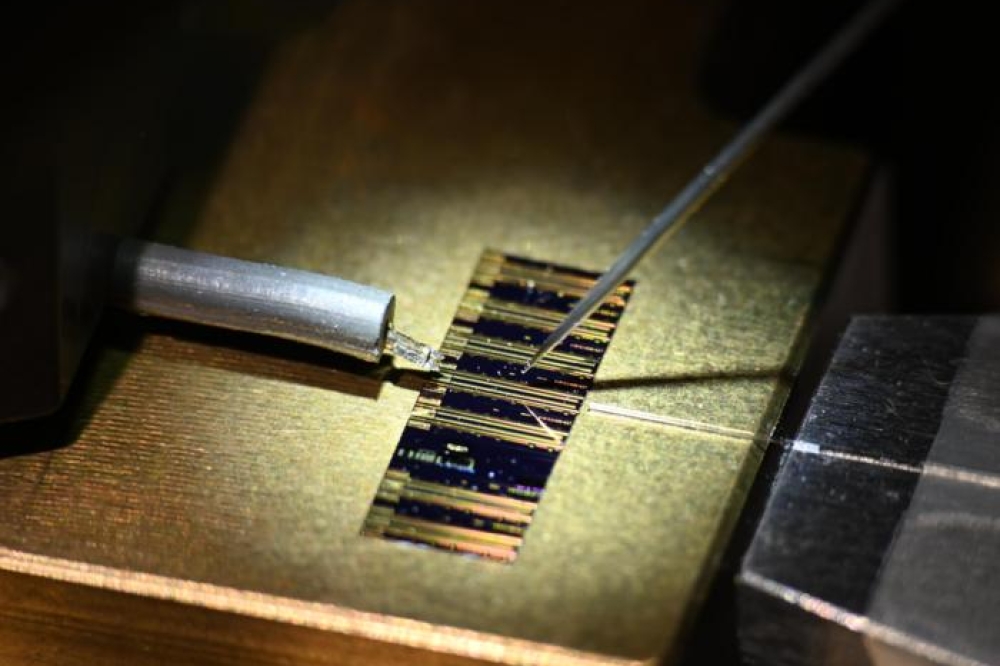News Article
Future Looks Strong for Photonics, SPIE leaders say in Taiwan
At the annual meeting of the Taiwan Photonics Society, leading SPIE contributors said scientists need to tell public about contributions of photonics to society and to the economy.
Photonics has changed the world and holds potential for more advances, but scientists need to continue to proclaim the value of their work to the public who fund them, said SPIE CEO Eugene Arthurs. Arthurs made his remarks in a talk at the Conference on Optics and Photonics (OPT) in Taiwan earlier this month.

A workshop on photonics was part of the recent annual meeting of the Taiwan Photonics Society.
"Scientists cannot expect the public to recognize the very real social and economic returns from science and technology, without those benefits being described in understandable terms," Arthurs said. Unless scientists provide explanation, he said, many of the public will remain unaware of the ways in which photonics has enabled and improved medical care, communications, public safety, sustainable lighting and energy, and much more.
SPIE Fellow and Taiwan Photonics Society President Cheng-Chung (C.C.) Lee was also among keynote speakers at OPT, and shared Arthurs' optimism for the future of photonics R&D.
OPT and the International Symposium on Nano Science and Technology (ISNST) were held in conjunction with the annual meeting of Taiwan Photonics Society 1-3 December at the National Central University in Taiwan (NCUT).
A talk by Arthurs at the annual meeting celebrated the 50th anniversary of the invention of the laser, one of the most revolutionary innovations of the last century. Nearly ubiquitous now, the laser has applications in entertainment, manufacturing, healthcare, computing, energy, security, and many other areas of life.
Lee, who is Chair Professor in Optics and Photonics and Director of the Thin Film Technology Center at NCUT, is also serving as Dean of the Science College through 2012.
SPIE, the international society for optics and photonics, was founded in 1955 to advance light-based technologies. Serving more than 180,000 constituents from 168 countries, the Society advances emerging technologies through interdisciplinary information exchange, continuing education, publications, patent precedent and career and professional growth. SPIE annually organizes and sponsors approximately 25 major technical forums, exhibitions and education programs in North America, Europe, Asia and the South Pacific, and supports scholarships, grants and other education programs around the world.































